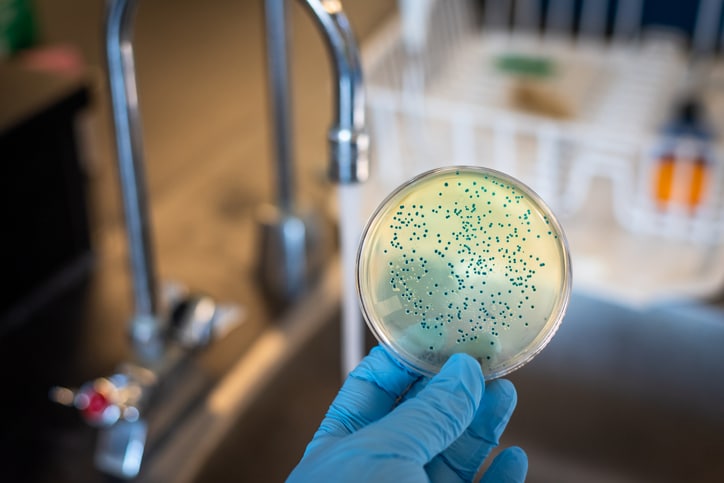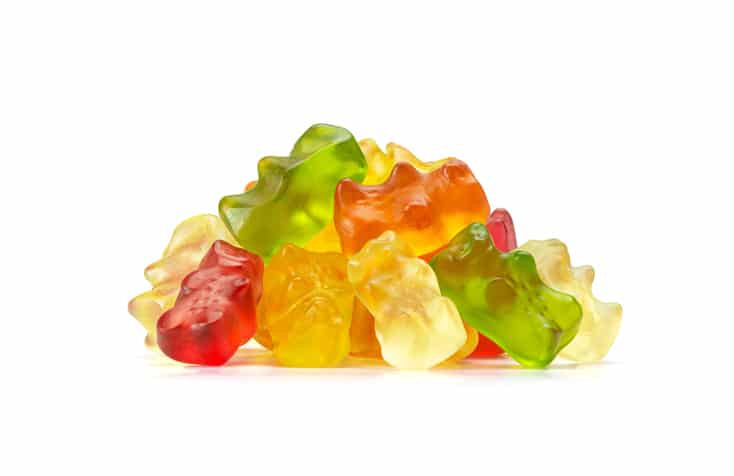
Just as professionals in the general foods industry must create rigid manufacturing protocols to prevent foodborne illnesses and other types of hazards, cannabis industry professionals must also take precautions when producing edibles. Regulated by Health Canada, edibles are relatively new to the market. When working on edibles, there are several factors that professionals must take into consideration to prevent products from being contaminated with bacteria, mold, and other types of harmful pathogens. A failure to comply with protocols can lead to potential mishaps, legal consequences, and closure of the manufacturing facility.
To understand more on how to keep edibles free of contaminants in production, let’s take a closer look at some industry practices.
How to Identify Potential Hazards
In order to be vigilant in maintaining an optimal environment for food safety, cannabis edible producers must first identify some of the potential hazards of manufacturing. These will be present throughout the supply chain, from the point of growing the plant to the extraction of compounds and straight through to the process of adding those compounds as ingredients to various edible products. The types of potential hazards associated with edibles production that those enrolled in a cannabis course should be aware of include:
- Bio contaminants: including harmful microorganisms and mycotoxins coming from molds
- Chemical contaminants: occurring as a result of chemicals used in the extraction process, or from pesticide treatment
- Physical contaminants: including plastic, glass, and any other objects accidentally making their way into the edible product

Many of the same hazards in the wider food industry can be identified in the production of cannabis edibles
An advantage in having the cannabis industry so closely regulated in Canada is having testing processes and government oversight in place to help prevent the above contaminants appearing in legally approved edibles. Those who buy edibles from the black market, on the other hand, set themselves up at risk for exposure to insecticides, pesticides, fertilizer, and many other potentially harmful substances.
A Closer Look at Bio-Contamination
Those enrolled in cannabis industry training will be interested to learn that cannabis edible products are at risk of being contaminated with all of the same biological pathogens that must be considered by the wider food industry. The most frequent culprits include:
- Listeria
- E.coli
- Salmonella
- Norovirus
- Hepatitis A
- Molds & Mildew and the mycotoxins these can produce
- Botulism

Cannabis edibles are at risk of exposure to E.coli and other microorganisms
By law, cannabis producers must take key steps to prevent contamination, which can lead to foodborne illnesses. Prevention of bio-contamination includes the thorough sanitation of manufacturing tools and the preparation setting, rigidly monitored hygiene practices of all staff members involved in production, and close monitoring of the temperature requirements of each individual edible product. Just as with other food products, contamination risk can be greatly reduced with the introduction of a heating kill-step before the item is packaged.
Additional Aspects of Edible Safety Those Enrolled in Cannabis Industry Training Should Be Aware of
There is still a limited variety of the types of edible cannabis products available for purchase within the Canadian market, due to regulations from Health Canada laying our strict rules to ensure all products released are of no appeal to children. Each product proposed must be assessed by the health authority for its taste, smell, colour, shape, and packaging to ensure it is not enticing in appearance to minors.

Producers and distributors in Canada are prohibited from selling edibles considered enticing to children
These government requirements were initiated to limit adverse reactions due to accidental consumption or overconsumption. To prevent accidental overdosing events and to uphold the responsibility of safeguarding minors and other members of the Canadian public, each individual package of an edible is also limited to 10 mg of THC.
Are you interested in learning more about edibles and other products by training through a cannabis industry Canada course?
Contact the Academy of Applied Pharmaceutical Sciences for more information on its Cannabis Operations, Quality and Edibles Certificate and Post-Graduate Certificate Program!



